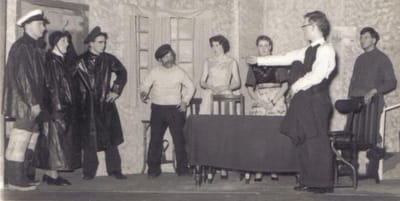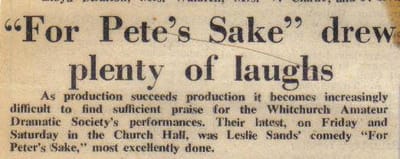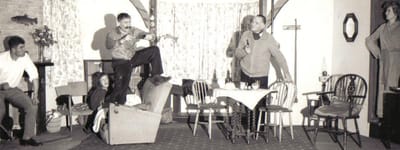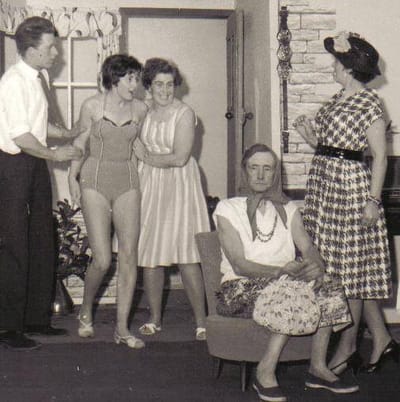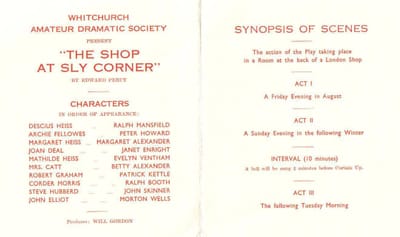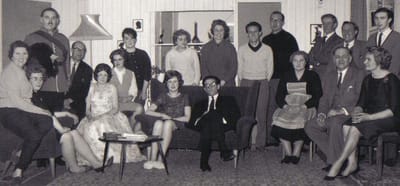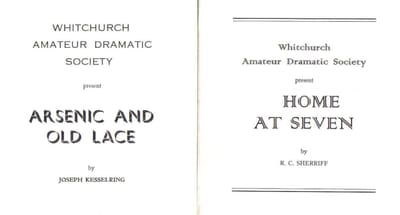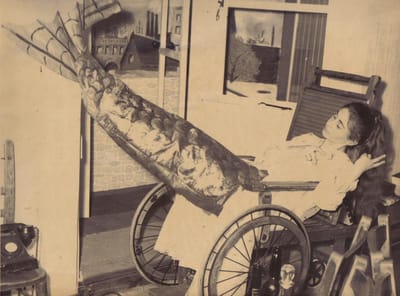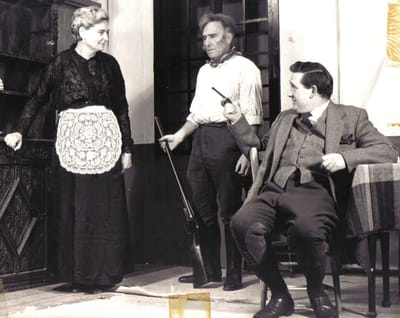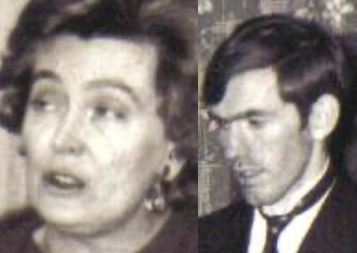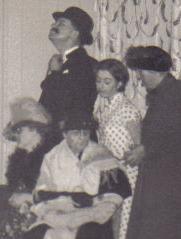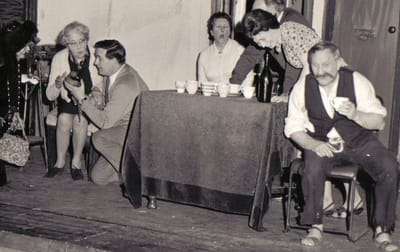Whitchurch's community theatre since 1958
We are always on the lookout for people to get involved - actors, directors, sound and lighting people, make-up people, set builders, wardrobe, front-of-house, etc. etc. All are welcome. Our club night is every Tuesday at Whitchurch Parish Hall from 8pm. Just turn up, contact WADS at wadswhitchurch@gmail.com, or telephone 07903 194767
You can also follow WADS on Facebook and Twitter (@WADSweb)
Neighbourhood Watch
Thank you to everyone who came to see Neighbourhood Watch by Alan Ayckbourn from 22 to 24 January 2026.
We had a great time performing it and hope that our audiences had as much fun watching it.
This amateur production of Neighbourhood Watch (Ayckbourn) was presented by arrangement with Concord Theatricals Ltd. on behalf of Samuel French Ltd. www.concordtheatricals.co.uk
We had a great time performing it and hope that our audiences had as much fun watching it.
This amateur production of Neighbourhood Watch (Ayckbourn) was presented by arrangement with Concord Theatricals Ltd. on behalf of Samuel French Ltd. www.concordtheatricals.co.uk
Tickets

Contact
To get in touch, please email us at wadswhitchurch@gmail.com or telephone 07903 194767
Our address is WADS, c/o Whitchurch Parish Hall, 28 London Street, Whitchurch, Hampshire RG28 7LQ
what3words: ///universes.sock.ending
You can also find us on Facebook
Our address is WADS, c/o Whitchurch Parish Hall, 28 London Street, Whitchurch, Hampshire RG28 7LQ
what3words: ///universes.sock.ending
You can also find us on Facebook

The history of WADS
WADS in its present incarnation was founded in 1958 and staged its first play - Jean McConnell’s Haul for the Shore - the following year
Read More